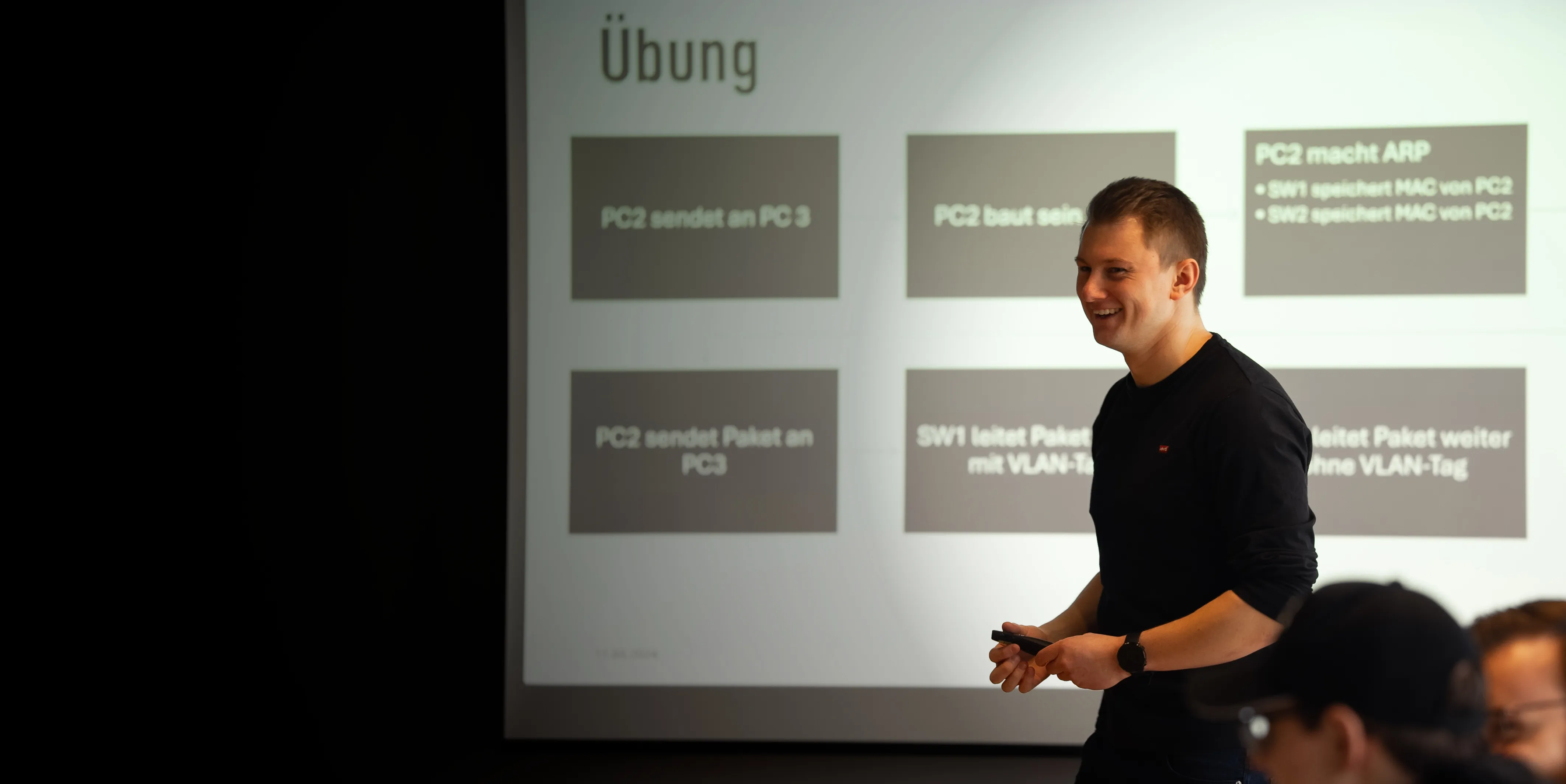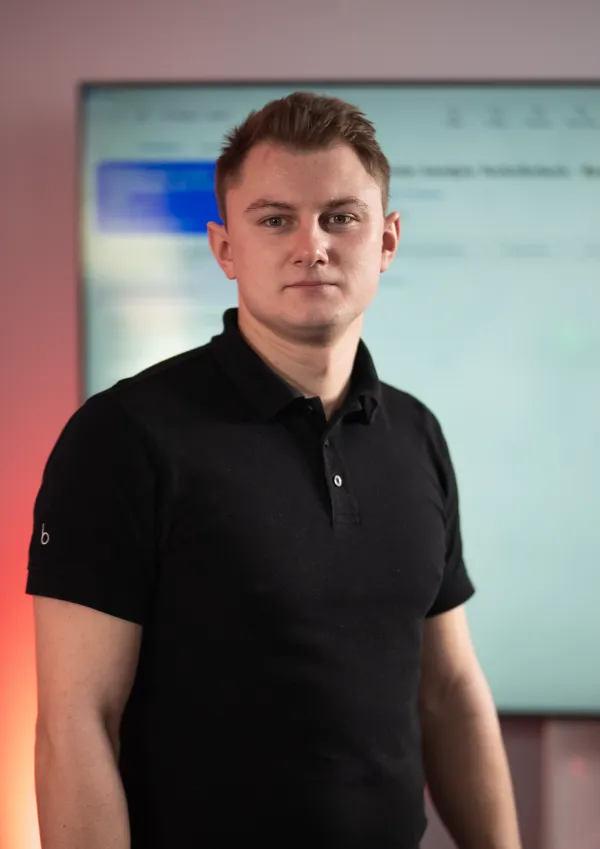

Why do people often decide against training?
big
Loss of time
Traditional training courses often require extensive travelling time for participants, especially if they take place at remote locations. This time can be costly and causes disruption to the workflow. Even with on-site training, the duration and effectiveness of learning can be affected as not all participants are at the same pace or have the same level of knowledge.
bad
Knowledge consolidation
In training courses, imparting new knowledge is often only the first step. An often overlooked but crucial aspect is the consolidation of knowledge. Once information has been presented, the challenge is to ensure that it is not only understood, but also retained and applied in the long term.
strong
Half-knowledge
In training and learning environments, half-knowledge is a common pain point that often leads to ineffective learning and misinterpretation. Half-knowledge occurs when learners gain only superficial knowledge about a topic without fully understanding its depth and complexity.
This is what makes CX training different!
Minimum downtime
Every training course means that you don't earn any money. Employees have to postpone project work, warehouse staff can't pack another job and freelancers can't take on a job. That's why we have designed our training courses so that they only mean one full day of downtime.
What was that again?
Companies and freelancers often lack the opportunity to properly research a potential knowledge gap or possible half-knowledge. Due to the high repetition rate of the training course, it is always possible for participants to refresh or briefly discuss topics again.
Repetition is king
Acquiring knowledge also means regularly refreshing your knowledge so that you don't forget it. This is precisely why we have designed our training courses to last one day. This means that the knowledge can be repeated regularly.
Just right
Training courses are often very comprehensive. However, technicians often already have prior knowledge that does not need to be covered in full. For this reason, we focus our training courses on exactly the knowledge that the participants specify in advance and that is to be taught!
Focus
Training courses are often comprehensive and participants find it difficult to follow the training as time progresses. For this reason, we focus on up to four main topics in each training course. This means that each technician can decide for themselves whether the training is of interest to them and each training course can be customised to the participants.
Only 1 day
We concentrate on one day to impart the knowledge! Many training courses are several days long, which not only increases the downtime of the participants but is also very exhausting for each participant. The longer the training course, the more difficult it is for participants to fully understand and absorb the knowledge. That is why we concentrate on one day in which we discuss the two main topics. This has many advantages: Downtime is low, absorption capacity for the new knowledge is higher and training can be attended more often.
3 levels - 3 stages for everyone
Networks are becoming increasingly prominent in the field of event technology. More and more devices are being controlled and configured via networks. Companies have little capacity to organise in-house training courses and freelancers often do not have the time to study networks extensively on their own. Nevertheless, technicians want to be prepared for the world of networks and every technician wants to have the opportunity to further their own knowledge. This is precisely the aim of the training courses! We give every technician, regardless of their level of knowledge, the opportunity to continue their training in this area.
Level 1 - Network Essentials Training
This course lays the foundation for all activities related to networks and offers event technicians a sound introduction to the world of networks. This level teaches the basics of networks. Questions such as: How is a packet structured? How does a switch work? Why do we need IP addresses? and What are VLANS? are discussed here. The first specific topics that technicians will come into contact with in the field are addressed. The aim of this level is to provide technicians with all the tools they need to find their way around and understand what they are doing.
Level 2 - Network Professional Training
In this advanced course, we deepen the understanding and skills in the area of networks. The aim of this level is to teach technicians how LAN and WAN work together. Questions like: How can we safely bring internet to our networks? How can we talk to all other devices from one network? How does WLAN work and how can we set up a large WLAN? are answered here. This level also starts with the basics of remote operations.
Level 3 - Network Expert Training
This is where it gets very nerdy! From here on, the training is highly individualised and the topics are completely determined by the participants. We start to delve into the depths of networks and try to analyse and understand complicated issues simply and visually. Network security plays a very important role at this level!Frequently asked
How many participants can attend a training course?
A training course can have up to 10 participants, but we need at least 5 participants. If more participants are required, simply contact us and we will find a solution!
Where does the training take place?
Does the training take place online or in person?
© 2025 CX-Networks GmbH
Version: 1.5.8
